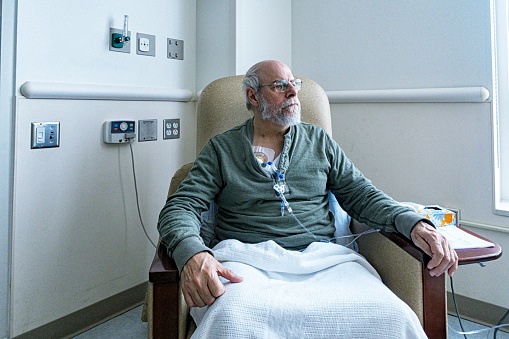
Research published in the ATS 2022 international conference found that 47 percent of patients at high risk for lung cancer after CT screening delayed follow-up care. As the leading cause of cancer deaths, lung cancer screening is done with low-dose chest CT to reduce mortality in high-risk patients. No previous study to date has evaluated follow-up delays for those with high-risk results, although many studies have examined poor follow-up rates for patients with negative baseline exams.
Since high-risk results can often result in lung cancer diagnoses, researchers say these new findings are “alarming.” Alwiya Ahmed, MD, MPH, is an internal medicine resident at the University of Washington School of Medicine and physician-scientist at the Seattle Cancer Care Alliance and Fred Hutchinson Cancer Research Center, and says patients with “abnormal findings” who delay follow-up “could ultimately result in delayed diagnosis of lung cancer.”
Dr. Ahmed and her colleagues studied patients who had baseline or annual screening at a Seattle CT lung cancer screening program between 2012 and January 2021. From low to high risk, classifications of Lung-RADS 3, 4A, 4B, and 4X were given using the Lung-RADS assessment tool from the American College of Radiology. Follow-up care included a second CT scan, other imaging as necessary, and specialty consultation or procedure. Recommended follow-up time was 30 days.
A total of 397 patients (464 exams) had high-risk results and 59 received a lung cancer diagnosis. Median delay time was 91 days, but patients with more severe results had shorter delays, including 32 days for Lung-RADS 4B and 4X classifications. Patients who were active smokers had longer delay time than former smokers, putting them at even higher risk.
Dr. Ahmed says, “Interventions are needed at both the provider and patient levels to ensure that high-risk patients receive adequate follow-up… When I started this research with my mentor Dr. Matthew Triplette, I was surprised to learn that most studies focused on the uptake of lung cancer screening and nothing beyond that. There has been quite a bit of work to understand and improve long-term maintenance for people with normal screening exams, but little research on abnormal findings. Given the likely impact of a delay in diagnosis, we are hopeful that our study will spur additional research in this area.”







 © 2025 Mashup Media, LLC, a Formedics Property. All Rights Reserved.
© 2025 Mashup Media, LLC, a Formedics Property. All Rights Reserved.